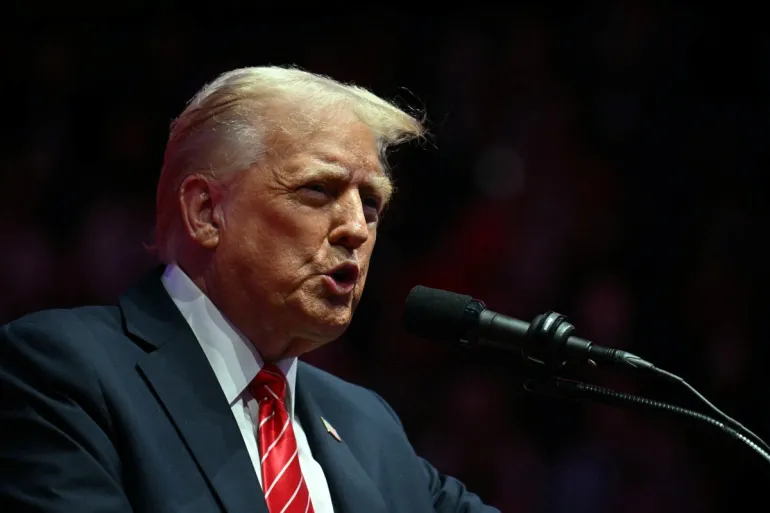Scorched Earth: 100 Days That Reshaped America's Environmental Landscape

In a potential second Trump administration, the environmental landscape could face unprecedented challenges that would make his first term's rollbacks seem mild by comparison. The initial hundred days would likely herald an aggressive assault on environmental protections, climate policies, and conservation efforts.
Building on the deregulatory approach of his previous term, Trump would be poised to accelerate dismantling environmental safeguards with renewed political capital and potentially less institutional resistance. Key targets would include further weakening the Environmental Protection Agency, expanding fossil fuel extraction on public lands, and reversing critical climate change mitigation strategies.
The proposed environmental agenda would not just represent a continuation of past policies, but a more radical and comprehensive deconstruction of environmental regulations. From potentially withdrawing from international climate agreements to expediting energy development in ecologically sensitive areas, these first hundred days could fundamentally reshape the United States' approach to environmental stewardship.
Environmentalists, scientists, and conservation groups would likely face an uphill battle in preventing what could be the most aggressive anti-environmental policy agenda in modern American history. The stakes would be high, with potential long-lasting consequences for biodiversity, climate resilience, and sustainable development.
